Does Your Cardiologist Say You Need Open Heart Surgery
You need open heart surgery – those words from your cardiologist can send shivers down your spine. But in actuality every year, this procedure saves many lives. Open heart surgery is used to treat numerous heart conditions and heart disease. Your cardiologist may also recommend open heart surgery when other less invasive treatments have become ineffective. Your cardiologist may recommend that you have open heart surgery if you have any of the following:
• Congenital defect repair – Corrects a number of heart problems that babies are born with.
• Coronary artery bypass graft – also called CABG or heart bypass surgery, it takes healthy vessels from other places in your body so it can creates a new route around the coronary arteries that are blocked or diseased. CABG is the most common form of adult heart surgery.
• Heart transplant – A heart that is severely damaged is removed from your body and it is replaced with a healthy donor heart.
• Heart valve repair or replacement – If you have a heart valve that’s not properly functioning this surgery is used.
• Implantation of medical devices – Surgery is used to place a device that can help to control the beat of your heart.
• Maze procedure – Scar tissue is created to block the heart’s irregular electrical signals. The treatment of a trial fibrillation is done with the Maze procedure. It can also be used to fix irregular heartbeats that haven’t responded to less invasive methods. It can be performed alongside a valve repair or CABG.
• Transmyocardial laser revascularization – If coronary artery bypass cannot be done, the cardiologist can use lasers to make direct channels into the heart muscle to supply it with blood.
What is Open Heart Surgery?
Open heart surgery is a surgery where your cardiac surgeon cuts open your chest to operate on your heart. Coronary artery disease is the number one cause of heart attack and the number one reason for open heart surgery.
Your heart is made up of myocardium, a specialized muscle tissue that pumps blood through the body. Blood travels through the four heart chambers in a manner that is controlled by the electrical signals. Valves help to coordinate the movement of the blood through your heart and the coronary arteries are blood vessels supplying blood to the heart muscle.
Open heart surgery may be common but it is a major surgery and there are potential complications and significant risks associated with it. You may have treatment options that are less invasive. Before committing to open heart surgery, it is always a good idea to get a second opinion from another cardiologist.
Types of Open Heart Surgery
There are different types of open heart surgery that include:
• On pump surgery – You are on a cardiopulmonary bypass (heart-lung machine) that temporarily takes over your heart’s job of pumping oxygen rich blood to your organs while your cardiologist is able to work on your heart when it’s not beating. This is the most common form of open heart surgery.
• Robot assisted surgery – This allows your surgeon to use a computer with a robotic arm to perform your surgery. This type of surgery sees a 3-dimensional view of the surgery on the computer screen. This is a very precise surgery however; it is limited to only a few procedures.
• Off pump surgery – This type of surgery does not use a heart lung machine. Your cardiologist will operate while your heart is beating, however your heart rate will be slowed down using medication. This procedure can only be used for a small number of procedures.
A special trained cardiologist will perform your surgery – it could be a cardiac surgeon, congenital cardiac surgeon or a thoracic surgeon. All of these cardiologists are highly trained and very skilled.






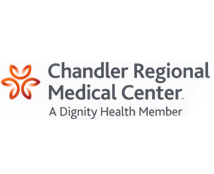
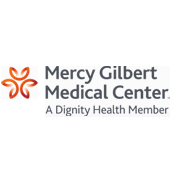
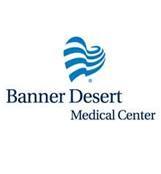
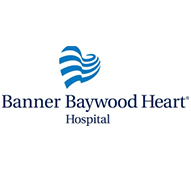
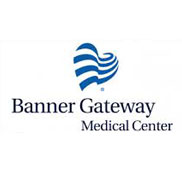
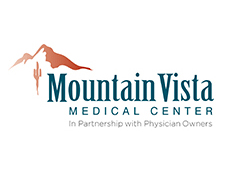
Leave a Reply